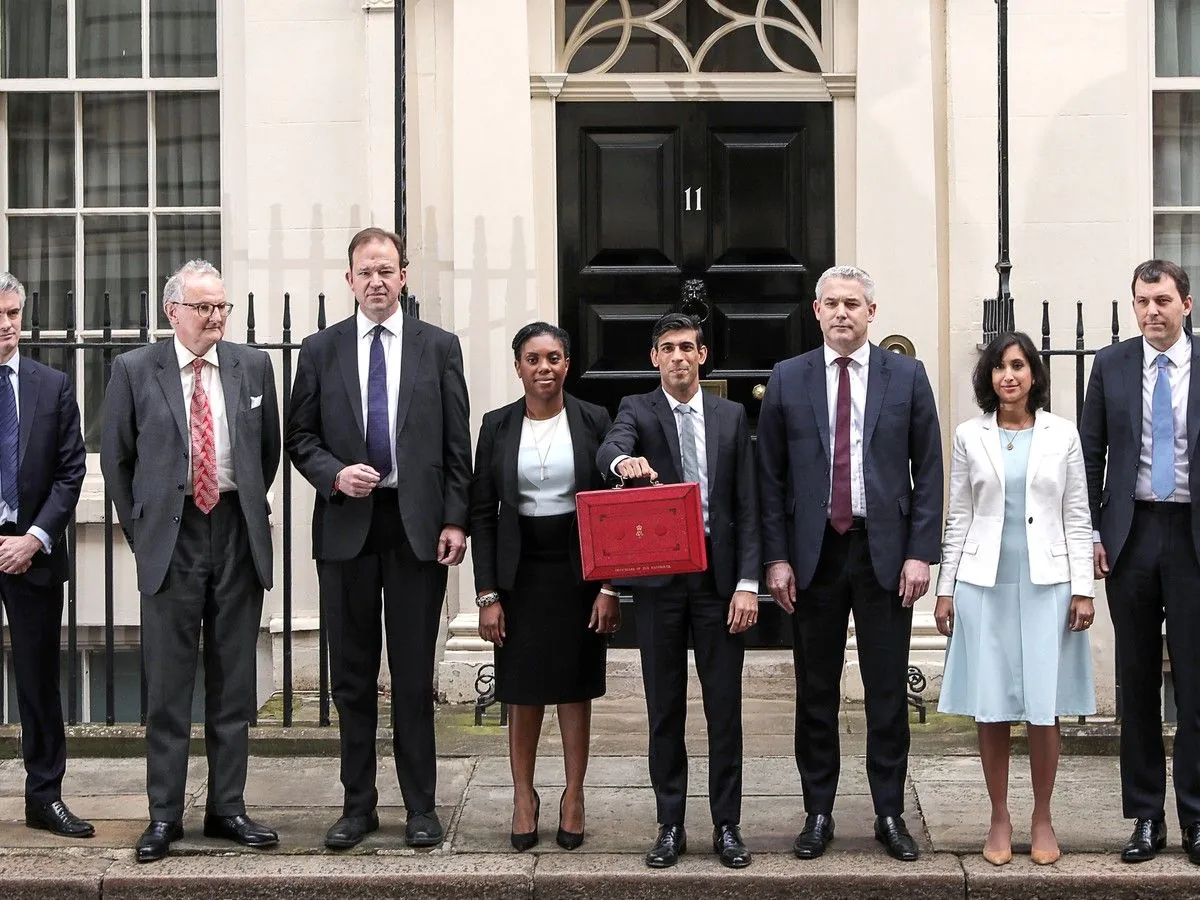In a significant political development, Jeremy Corbyn, the former Labour leader, has established a new parliamentary group called the "Independent Alliance" alongside four other Independent MPs elected in July 2024. This move, occurring approximately 2 months ago, has sparked discussions about the potential implications for UK politics and democracy.
The formation of this alliance, comprising Corbyn, Shockat Adam, Ayoub Khan, Adnan Hussain, and Iqbal Mohamed, follows a trend of increasing Muslim identity politics in UK elections. All five members were elected on platforms critical of Israel, with the four Muslim MPs running campaigns that directly appealed to Muslim voters.
This development raises concerns about the impact on the UK's democratic process. Kemi Badenoch, the Secretary of State for Business and Trade, addressed this issue during her recent campaign launch, criticizing what she termed "malign and destructive identity politics." She emphasized the need to address and overcome such political approaches swiftly.
The rise of this new political bloc poses a particular challenge for the Labour Party. In the July 2024 election, Labour experienced a significant decline in support in constituencies with substantial Muslim populations. The party lost four seats to Muslim independents and saw its vote share decrease by at least 14% in areas where Muslims comprise more than 15% of the population.
The potential influence of this voting bloc extends beyond the seats currently held by the Independent Alliance. There are 110 constituencies in the UK with electorally significant Muslim populations, including 37 where Muslims make up over 20% of residents. This demographic reality could sway the decision-making of politicians, especially those with narrow majorities, as they look ahead to the next general election, which must be held by January 2025.
"One in four British Muslims cited the Israel/Palestine conflict as their most important issue, compared to just 3 per cent of the public. Almost half said Jews have too much power over UK government policy."
These attitudes are increasingly influencing mainstream politics. Labour MPs in constituencies with significant Muslim populations may feel pressure to align with certain policy positions to maintain their seats. This could lead to pushing for legislation such as a statutory definition of Islamophobia or advocating for Ofcom to ban perceived Islamophobia from broadcasts.
The emergence of the Independent Alliance highlights the complex interplay between identity politics, democratic representation, and policy-making in the UK. While the alliance itself may not directly hold power, its influence on voter behavior and political discourse could have far-reaching effects on the country's political landscape.
As the UK approaches its next general election, the impact of this new political dynamic will be closely watched. The challenge for mainstream parties, particularly Labour, will be to address the concerns of diverse constituencies while maintaining a unified and inclusive political platform.
